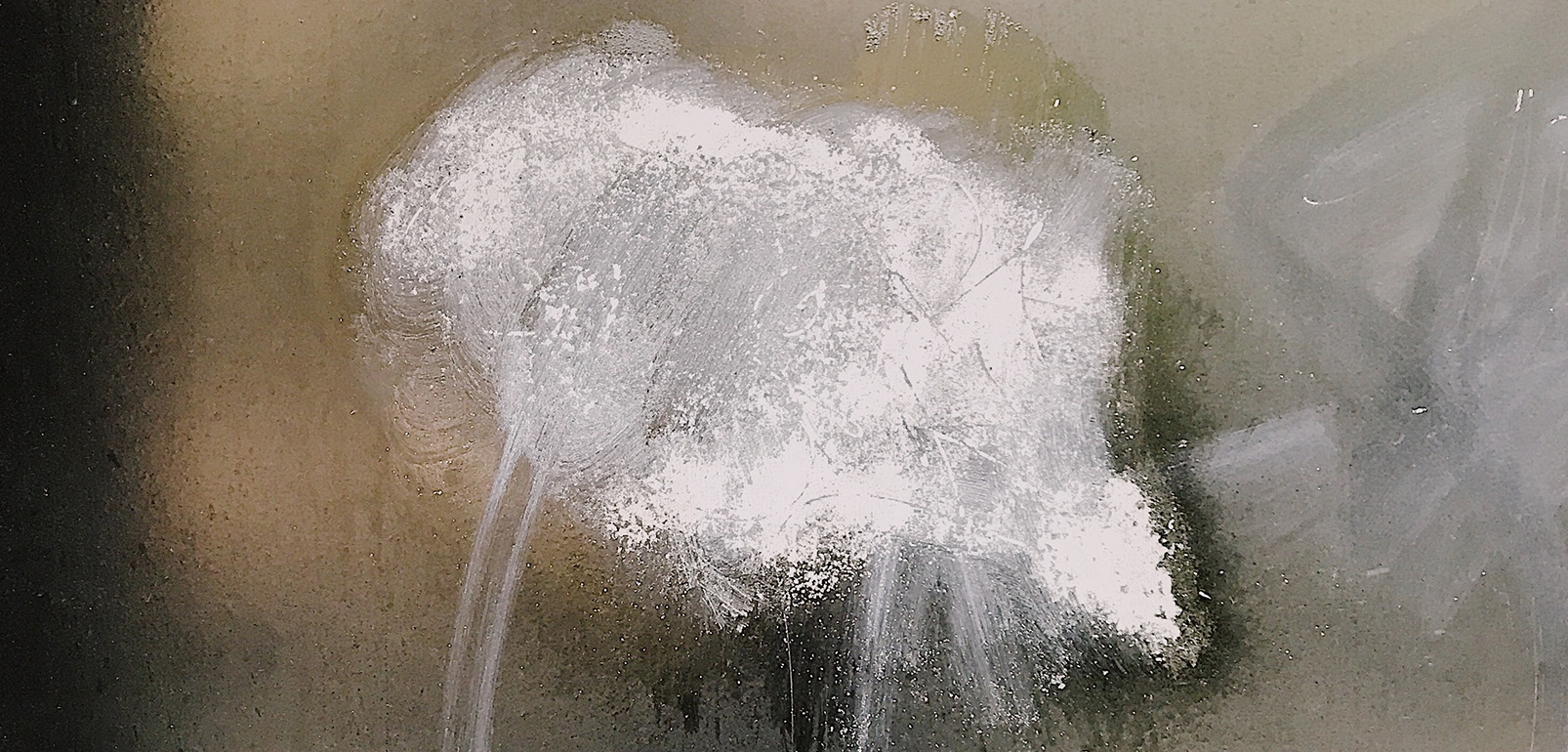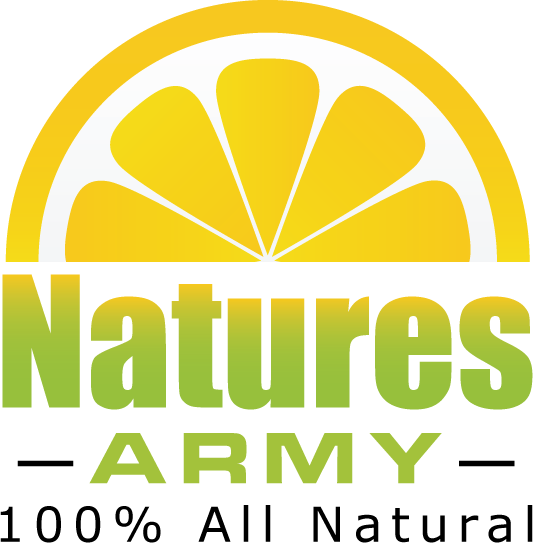
Borax, also known as sodium borate, sodium tetraborate, or disodium tetraborate, is an important boron compound, a mineral, and a salt of boric acid. Powdered borax is white, consisting of soft colorless crystals that dissolve in water. Borax is extremely alkaline, which makes it irritating when used undiluted.
Borax Substitute (Sodium Sesquicarbonate)
Is ideal for formulating into laundry powders for low temperature use and cold water fill machines. Its pH allows gentle grease removal especially when aided with surfactants (soap to you and me). Sodium Sesquicarbonate is included on the INCI list of cosmetic ingredients and is the industry standard builder for traditional bath salt formulations, treating hard water for a relaxing bath. The product can also be incorporated safely into bath bombs and bath cubes. It is phosphate free and bio-degradable.
Borax (Sodium borate, Sodium tetraborate, or Disodium tetraborate)
Borax, whilst being a natural product, is non-biodegradable and can be used effectively as a herbicide and insecticide! Care should be taken whilst using it, as the powder can be toxic if ingested, gets into the eyes or through prolonged exposure on the skin. None of the above risks mean that you shouldn’t use borax, just don’t use it around food, keep it out of reach of children and pets, and make sure you rinse borax out of clothes and off surfaces before use.
However, I do feel you need to know (and no on-line places that sell this product seem to mention it), is that Borax was added to the Substance of Very High Concern (SVHC) candidate list on 16 December 2010. Substances and mixtures imported into the EU which contain Borax are now required to be labelled with the warnings “May damage fertility” and “May damage the unborn child”.
Although Borax is an environmentally friendly product, it’s actually mildly toxic to children and pets if consumed, and can kill plants in high doses, cause skin, eye and respiratory irritation, so if used, should be used with caution. As a result Borax is no longer available in the UK, but have no fear, a better, safer alternative can be found, called Borax substitute. Borax substitute still has all the same cleaning and laundry uses, but you get a safer alternative for your money. Uses of Borax Substitute Borax Substitute has a number of qualities that make it ideal for a variety of tasks around the house.
Although Borax substitute is much safer then Borax, it should still be used with caution; we recommend you always wear rubber gloves just to be safe. I mainly use it as a natural laundry booster. It converts tiny amounts of water into Hydrogen Peroxide, giving it a mild bleaching effect; perfect for stained white clothes. Borax Substitute also softens water, increasing the efficiency of the laundry detergent, and therefore meaning less detergent is needed per wash saving you money. Borax is also a natural deodoriser and degreaser, making it great at removing the oils and smells from particularly dirty clothes. Borax Substitute also works great as an eco friendly degreaser. Mix with water and lemon juice or white vinegar, and then apply to a greasy surface such as the hob and the tiles around it. Leave for a few moments and then simply wipe the dirt away.
